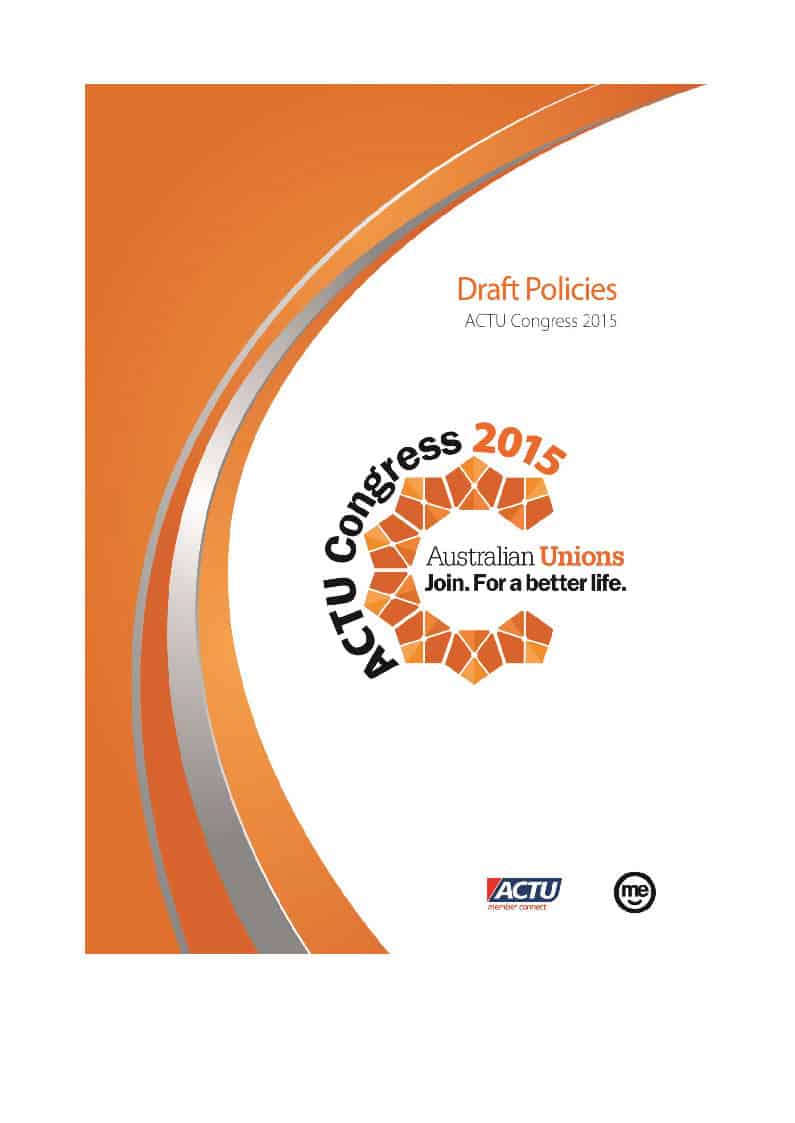In March 2015, after years of resistance to drug and alcohol testing, Australia’s Construction Forestry Mining and Energy Union (CFMEU) changed its position substantially. The catalyst for change has never fully been explained but this week, the CFMEU actively promoted drug and alcohol testing at a major construction site in Geelong.
On 22 September 2015 at the

 There is no doubt that football fields are the workplaces of professional football players and their support staff. So they are covered by occupational health and safety (OHS) and/or work health and safety (WHS) laws but what does this mean in relation to OHS regulators, and the sportspeople’s employers? Recently
There is no doubt that football fields are the workplaces of professional football players and their support staff. So they are covered by occupational health and safety (OHS) and/or work health and safety (WHS) laws but what does this mean in relation to OHS regulators, and the sportspeople’s employers? Recently  The Australian Council of Trade Unions (ACTU) commences its
The Australian Council of Trade Unions (ACTU) commences its